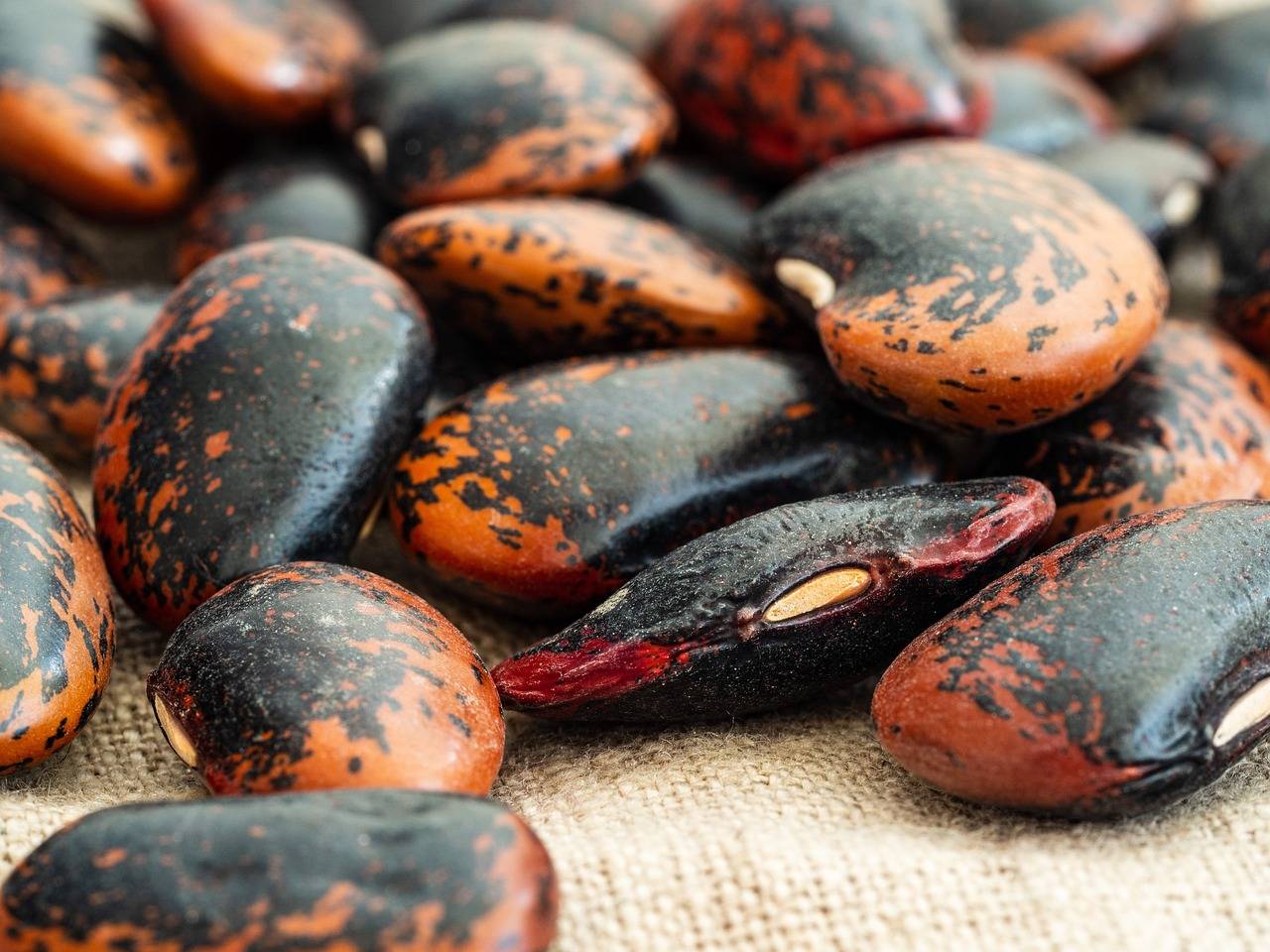Exploring the Gut Microbiome: Key to Digestive Health
The health of our gut plays a crucial role in our overall well-being. The gut, also known as the gastrointestinal tract, is responsible for digesting food, absorbing nutrients, and eliminating waste from the body. When our gut is in good condition, it can effectively perform these functions to keep us healthy and energized. However, when the balance of bacteria in the gut is disrupted, it can lead to various health issues such as indigestion, bloating, and even more serious conditions like inflammatory bowel disease.
Maintaining a healthy gut is essential for proper digestion and nutrient absorption. A balanced gut microbiome, which consists of trillions of bacteria, fungi, and other microorganisms, is crucial for supporting our immune system and overall health. In addition, the gut-brain connection highlights the impact of gut health on our mental well-being. Research has shown that an unhealthy gut can contribute to mood disorders like anxiety and depression, emphasizing the importance of nurturing and maintaining a healthy gut for our overall health and wellness.
The Role of Gut Microbiota in Digestion
The gut microbiota plays a crucial role in the digestion process by breaking down complex carbohydrates and fibers that the human body is unable to digest on its own. These microorganisms produce enzymes that aid in the breakdown of food particles, allowing for better absorption of nutrients in the intestines. Additionally, gut bacteria help produce essential vitamins like B vitamins and vitamin K, which are important for overall health.
Furthermore, gut microbiota have been shown to influence the immune system and protect against harmful pathogens by maintaining a healthy balance in the gut. This balance is essential in preventing inflammation and maintaining the integrity of the gut lining. When the gut microbiome is disrupted, it can lead to various digestive issues such as bloating, gas, diarrhea, or constipation. Consequently, maintaining a diverse and healthy gut microbiota is key to supporting optimal digestion and overall well-being.
Factors Affecting Gut Microbiome Diversity
One of the key factors influencing the diversity of gut microbiome is diet. The type of foods we consume can significantly impact the variety of microorganisms in our gut. A diet rich in fiber, fruits, vegetables, and whole grains is generally associated with a more diverse and balanced gut microbiome, as these foods provide nutrients that support the growth of beneficial bacteria. On the other hand, diets high in processed foods, sugar, and saturated fats may reduce microbial diversity and promote the growth of less beneficial bacteria.
In addition to diet, lifestyle factors such as stress and sleep can also play a role in shaping the composition of gut microbiota. Chronic stress and lack of quality sleep have been linked to alterations in the gut microbiome, potentially leading to decreased diversity and an imbalance in microbial populations. Finding ways to manage stress levels and prioritize healthy sleep habits may contribute to maintaining a more diverse and resilient gut microbiome.





